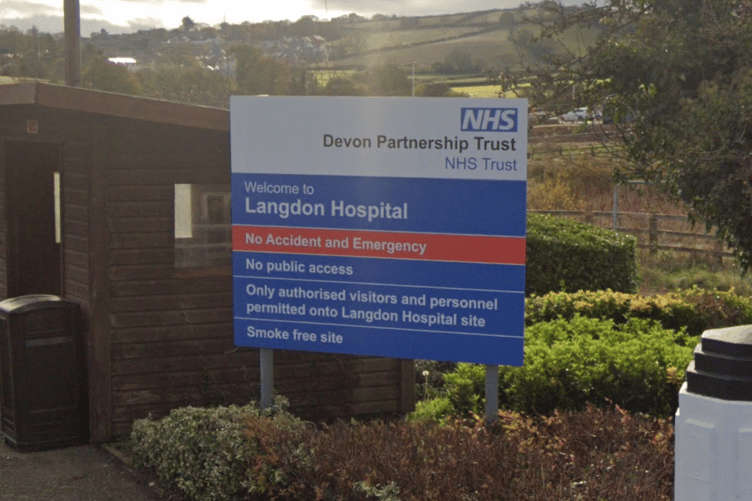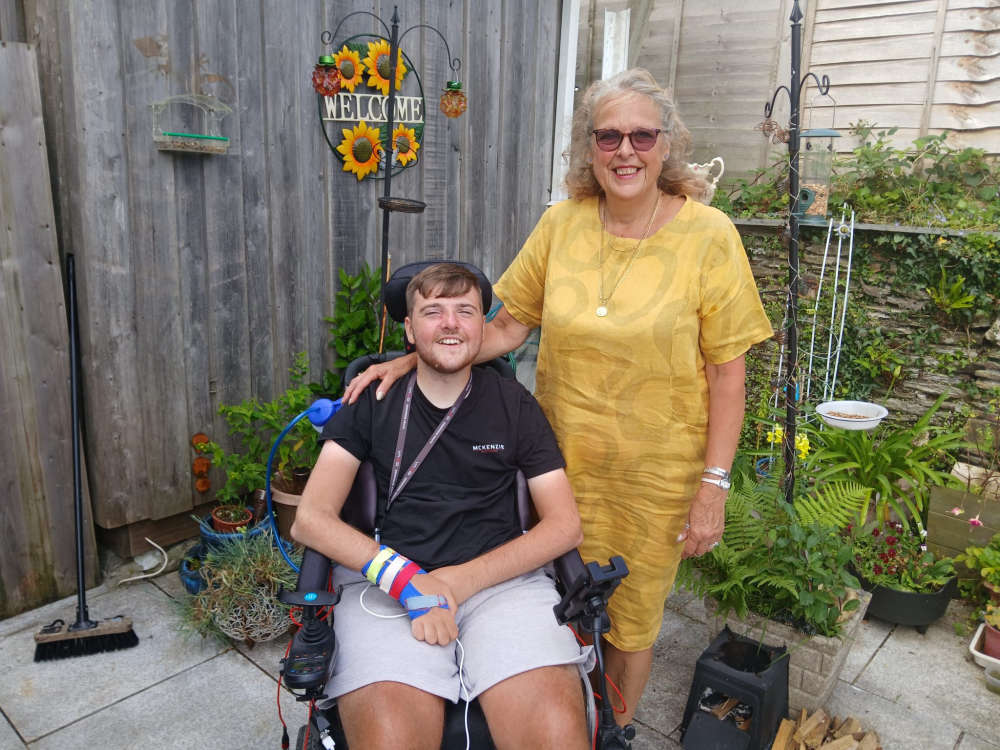
The Care Quality Commission (CQC) has rated forensic inpatient or secure wards at Langdon Hospital, run by Devon Partnership NHS Trust as requires improvement and taken action to protect people following inspection in April and May.
CQC carried out an unannounced inspection of the wards in response to concerns raised to it by both internal and external stakeholders regarding the safety of people using the service and the effectiveness of leadership there.
Inspectors identified five breaches of regulation related to safe care and treatment, person centred care, dignity and respect, staffing and good management of the service. CQC told the trust to submit an action plan showing what immediate action it was taking in response to these concerns at the time of the inspection.
CQC issued a warning notice to focus the trust’s attention on making rapid and widespread improvements to ensure safe care and treatment and good management of the service.
CQC has again rated how safe, effective and well-led forensic inpatient or secure wards are as requires improvement. Caring and responsive were not included in this inspection and remain rated as good
Catherine Campbell, CQC’s deputy director of operations in Devon, said:
“When we inspected these wards at Langdon Hospital, we found inconsistent care planning and risk management affecting the quality of people’s daily lives and recovery. Staff were committed to providing good care, but were hindered by gaps in training, unclear guidance, and limited access to resources.
“As a result, care plans were often outdated, not tailored to individuals, and didn’t reflect people’s goals or preferences. Many people told us they weren’t always involved in decisions about their care, medications, or risk assessments. This left some feeling frustrated, powerless, or stuck in their recovery. Staff sometimes used risk assessment tools inconsistently, which made restrictions feel unfair or punitive.
“Staff had limited awareness of safety risks in the environment, which affected people’s safety. Staff shortages during busy or critical periods also impacted people’s ability to access leave or take part in activities, affecting their independence and sense of control.
“However, people consistently praised occupational therapy and some individual staff members for supporting their wellbeing and enabling meaningful engagement. Staff improved physical health monitoring, allowing early intervention for emerging concerns, and staff demonstrated openness and a willingness to speak up.
“Despite these pockets of improvement, people’s general experiences showed that care wasn’t always person-centred, and inconsistent policies and risk management reduced people’s autonomy, left some feeling frustrated or unsafe, and limited opportunities for a positive recovery.
“We have told the trust where it needs to make rapid improvements and will continue to monitor the service closely to ensure people stay safe while this happens.”
Inspectors found:
- Leaders inconsistently recorded supervision and professional development information, reducing staff oversight and affecting the consistency of people’s care.
- Leaders didn’t use outcome data and feedback to review services, limiting improvements to interventions that directly affect people’s recovery.
- Staff and leaders didn’t share learning from incidents in a structured way, leaving people at risk of repeated safety issues.
- Electronic patient record systems were difficult to navigate, making it harder for staff to access up-to-date information about people’s needs.
- Leaders didn’t ensure safeguarding training compliance across all teams, potentially compromising the protection and safety of people using the service.
However, inspectors also found:
- Staff promoted healthy lifestyles through structured interventions, supporting people’s physical wellbeing and long-term health.
- The service maintained strong partnerships with external agencies, enhancing continuity of care and discharge planning for people.
- People accessed meaningful community-based activities, helping them build skills, confidence, and social connections.
CQC is also publishing three other reports from inspections undertaken 2024.
- Ward for people with learning disabilities or autism
- Acute wards for adults of working age and psychiatric intensive care units
- Forensic inpatient or secure wards
Due to a large-scale transformation programme at CQC, these reports were not published as soon after the inspections as they should have been. The programme involved changes to the technology CQC uses, but this resulted in problems with systems and processes rather than delivering the intended benefits. The time taken to publish these reports falls far short of what people who use services and the trusts involved should be able to expect, and CQC apologises for this.
While publication of some reports has been delayed, any immediate action that CQC needed to take to protect people using services was not affected. CQC has taken steps to ensure that inspection reports are now published in a timelier manner.
The reports for Langdon Hospital will be published on CQC’s website in the coming days.

 South West Water welcomes Government ban on plastic wet wipes and encourages customers to ‘Bin It, Don’t Block It’
South West Water welcomes Government ban on plastic wet wipes and encourages customers to ‘Bin It, Don’t Block It’
 Police remind online shoppers to be wary of scams
Police remind online shoppers to be wary of scams
 Young Devon man forgives friend who caused crash that left him permanently paralysed
Young Devon man forgives friend who caused crash that left him permanently paralysed
 More than 260 pubs offer FREE DRINKS to Lift Legends this Christmas
More than 260 pubs offer FREE DRINKS to Lift Legends this Christmas











